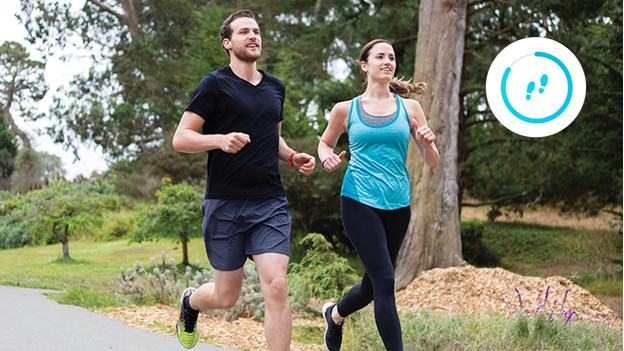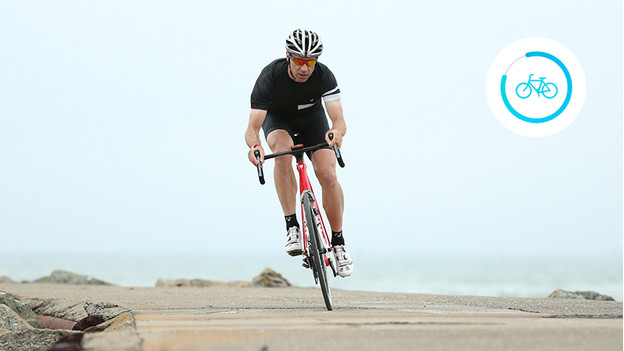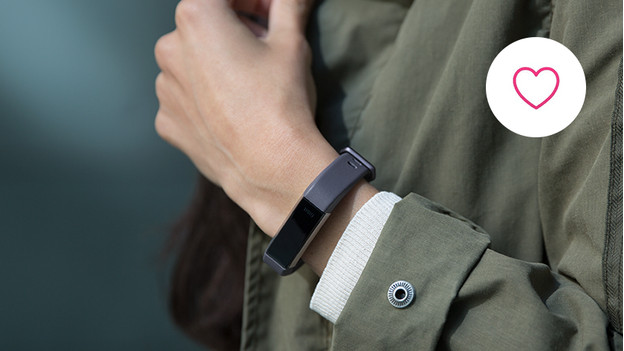
How accurate is your Fitbit?
Isn't your Fitbit measuring properly?
Does your Fitbit measure an incorrect number of steps or do you have other problems with your Fitbit? Contact the Fitbit customer service. They'll help you further to solve the problem.
Your Fitbit steps are incorrect

Fitbit counts your steps by recognizing walking and running patterns, including certain arm movements. Sometimes, you make a movement that looks like you're walking, even though you're sitting at you're desk or cooking. When you're moving your arms and hands, it can seem like you're taking extra steps. When your Fitbit counts steps this way, it's almost nothing compared to all the actual steps you walk in a day.
Why does my Fitbit count steps when I'm riding a bike?

The only thing you did this morning was ride your bike to work, and still your Fitbit says you've already taken quite a few steps. Your Fitbit can sometimes register steps on bumpy roads due to the movements your body makes. If you have a Fitbit that has a multi-sport mode and you want to track your activity when cycling, indicate this before you get on your bike.
Why does my Fitbit measure extra stairs?

Your Fitbit measures stairs with an altimeter. This is a sensor that determines altitude based on air pressure. Factors like a gust of wind or suddenly opening a door can cause the tracker to register an extra floor.
Tip
When you feel your Fitbit is counting extra steps or stairs, you can indicate that in the Fitbit app. Go to 'Log' and click on 'Activity'. In the list with all the data, select the steps you want to ignore. Type 'driving' for instance and indicate the time. Click on 'Log Activity' and your number of steps will be reduced.
Why is my heart rate not being measured accurately?

The accuracy of your heart rate can be influenced by the way you wear the Fitbit on your wrist. If your Fitbit shifts while exercising, your data might be less precise. You shouldn't wear the tracker too tightly either. A tight strap hinders your blood flow and your heart rate is measured from that blood flow. That's also the reason that workouts in which you use the muscles in your forearms a lot, such as strength training and rowing, lead to less accurate heart rate measurements. The muscles in your forearms will get bigger and press on the veins. This impacts your blood flow.


